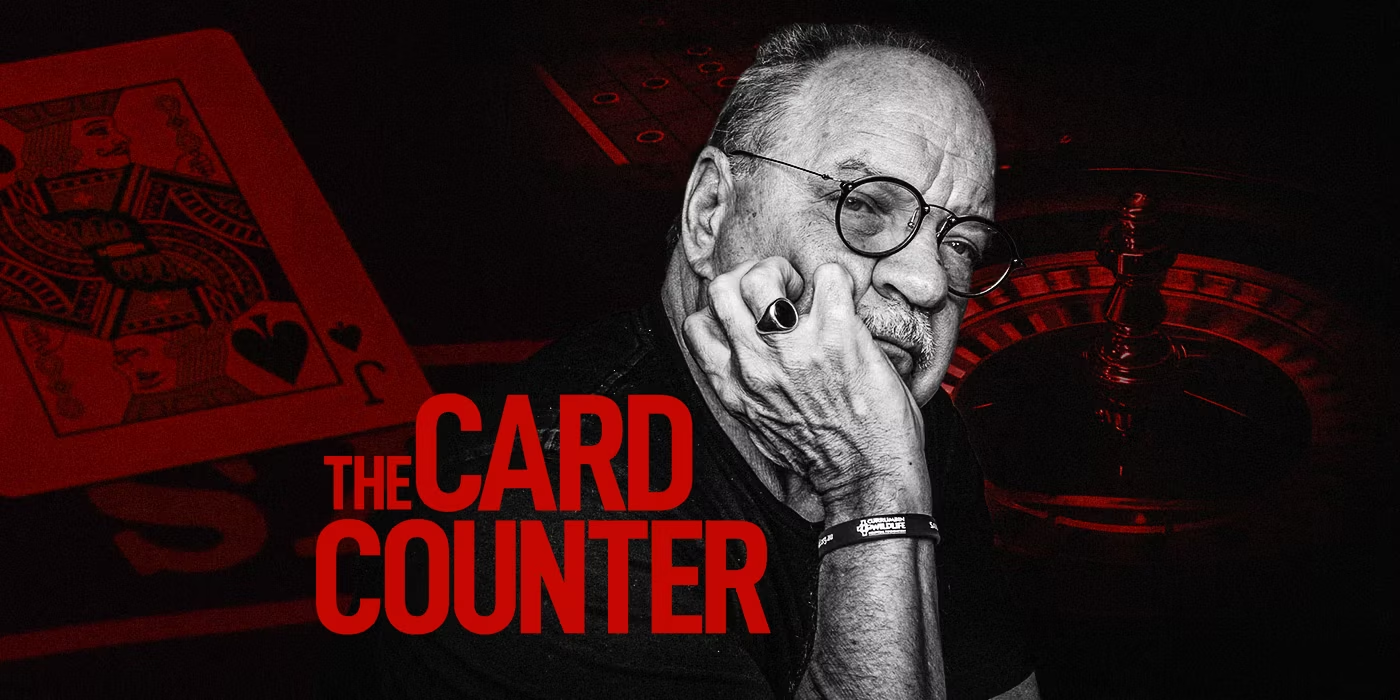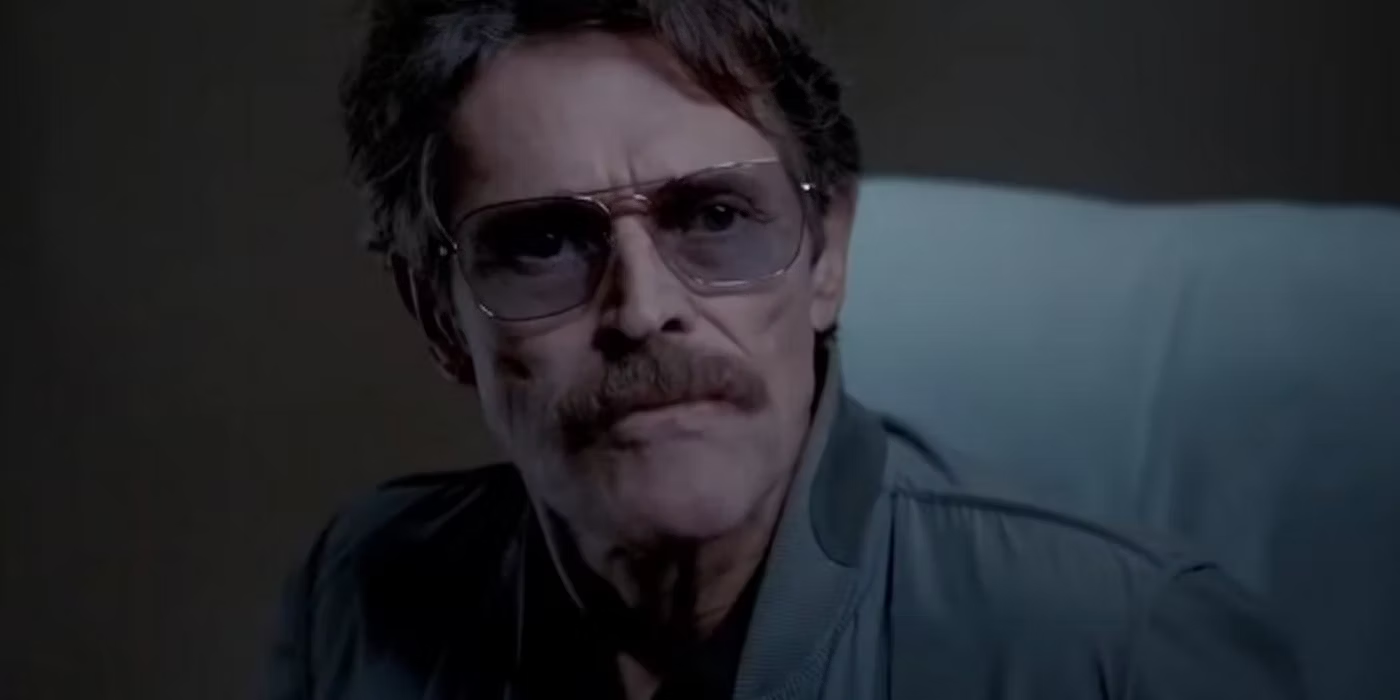

On this week’s episode of The Filmography podcast, Bjorn and I take a deep dive into Paul Schrader’s 22nd picture, 2021’s “The Card Counter.”

“The Card Counter” stars Oscar Isaac as William Tell, a gambler with a dark past, another of Schrader’s “man in a room” characters, which we know as soon as we see him sat at his table writing in his journal, as these men in rooms tend to do in Schrader pictures.

Tell is seeking redemption through his relationship with a troubled young protégée, played by Tye Sheridan (“Ready Player One“).

The relationship between the two men is a gender swap for the older man/younger woman (or girl) relationships we have seen in other Schrader pictures, from “Taxi Driver” (Jodie Foster) to “Hardcore” (Season Hubley).

Rounding out the cast of principal players is Tiffany Haddish (“Girl’s Trip“) as La Linda, a manager of card players who recruits, then slowly falls for Isaac’s William Tell.



La Linda reminds me of Paul Newman’s and Mary Elizabeth Mastrantonio’s characters from Scorsese’s “The Color of Money” combined, serving as both William Tell’s backer and his love interest.

Incidentally, “The Color of Money” director (and frequent Schrader collaborator) Martin Scorsese also serves as Executive Producer of “The Card Counter.”

And like “The Color of Money” the film is more pre-occupied with the interpersonal relationships of its central trio than the mechanics of the pool or poker.
In the villainous role of Major John Gordo, Willem Dafoe returns for his 8th collaboration with Schrader.

Most of the Maj. Gordo storyline takes place in flashbacks to William Tell’s military past, a new approach to the “man in a room” picture, which have previously avoided the use of flashbacks.

Another unusual component to the flashback sequences is the use of an extreme wide angle lens, something that would not have been out of place amongst the visual experimentations of Schrader’s “Dog Eat Dog” but feels new to these men in a room pictures.

Like the endless musical variations on a theme that Schrader’s “Mishima” composer Philip Glass is able to create in ways that always feel fresh and new, Schrader’s variations on his “man in a room” stories continue to feel like discoveries of new territories rather than retreads of familiar grounds.

After the success and accolades of “First Reformed,” it’s exciting to see Schrader follow it up with another powerful narrative about guilt and the search for love and redemption.

Though “First Reformed” is the more celebrated film, I prefer “The Card Counter” for reasons that are hard to articulate, and would require revealing some of the pictures biggest surprises. For that, and all of the highs and lows of one of Schrader’s best pictures, you’ll have to tune into the podcast and hear for yourself!

Watch the trailer for “The Card Counter” here:
Listen to Philip Glass’ complete score for Schrader’s “Mishima”:
Read the Guardian’s article on Schrader‘s and Dafoe’s creative partnership here:

